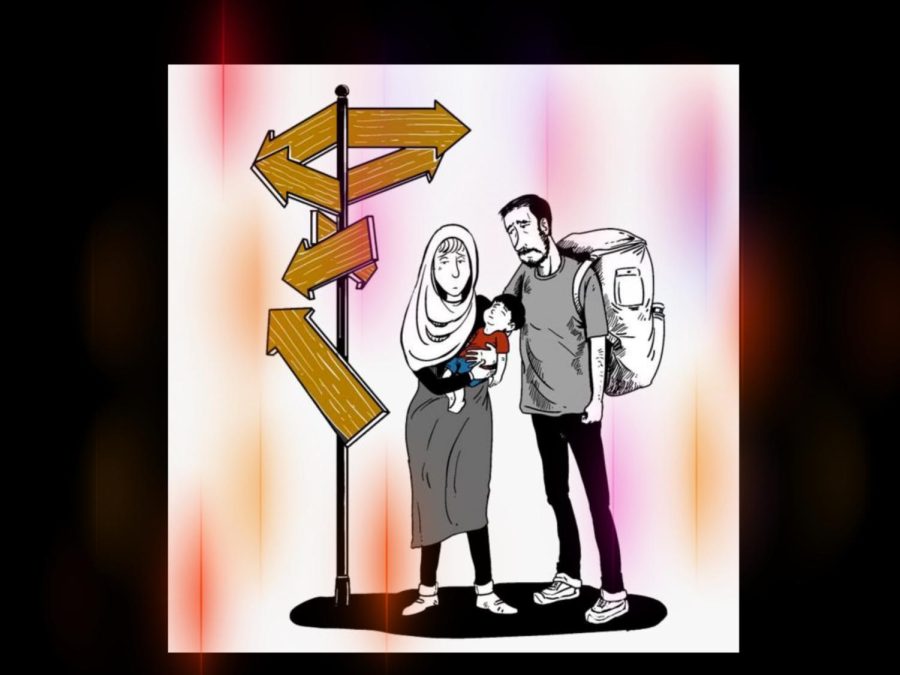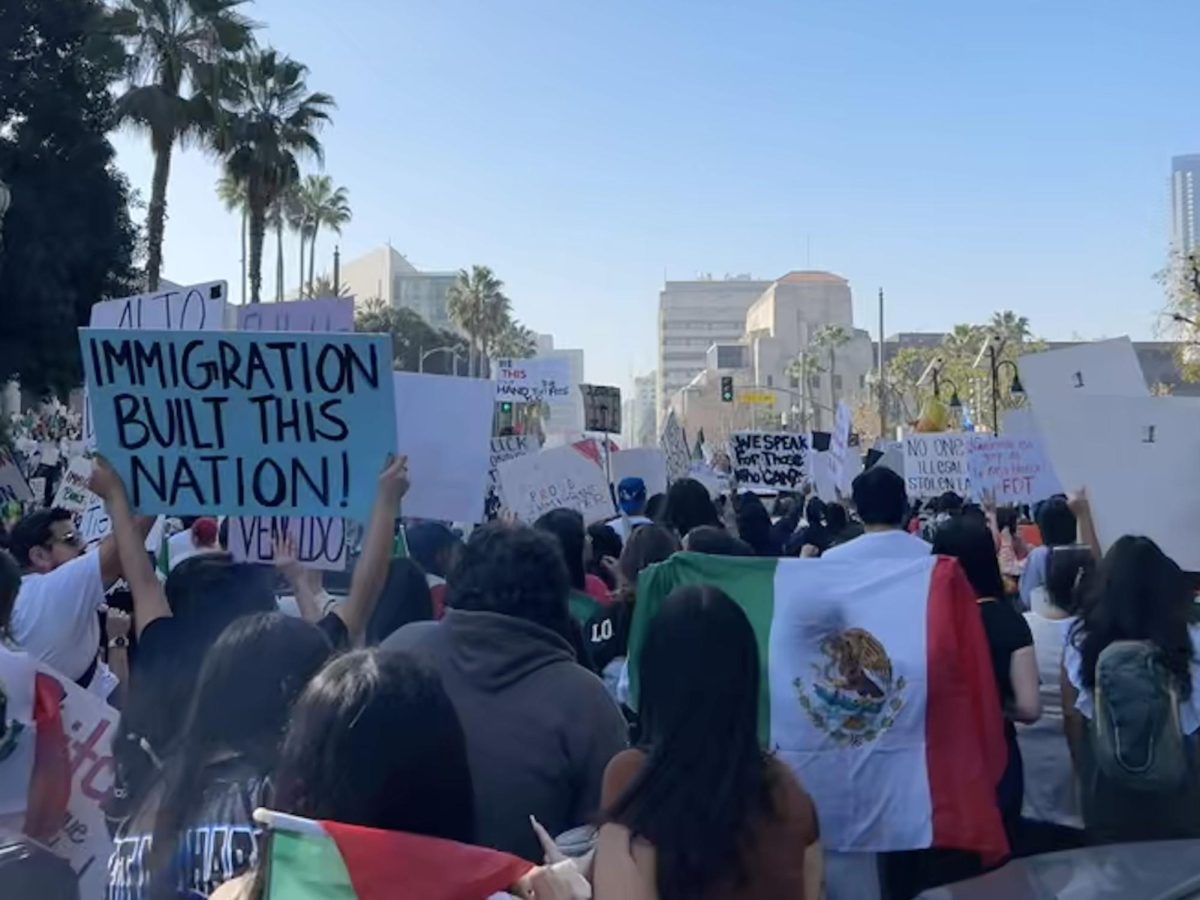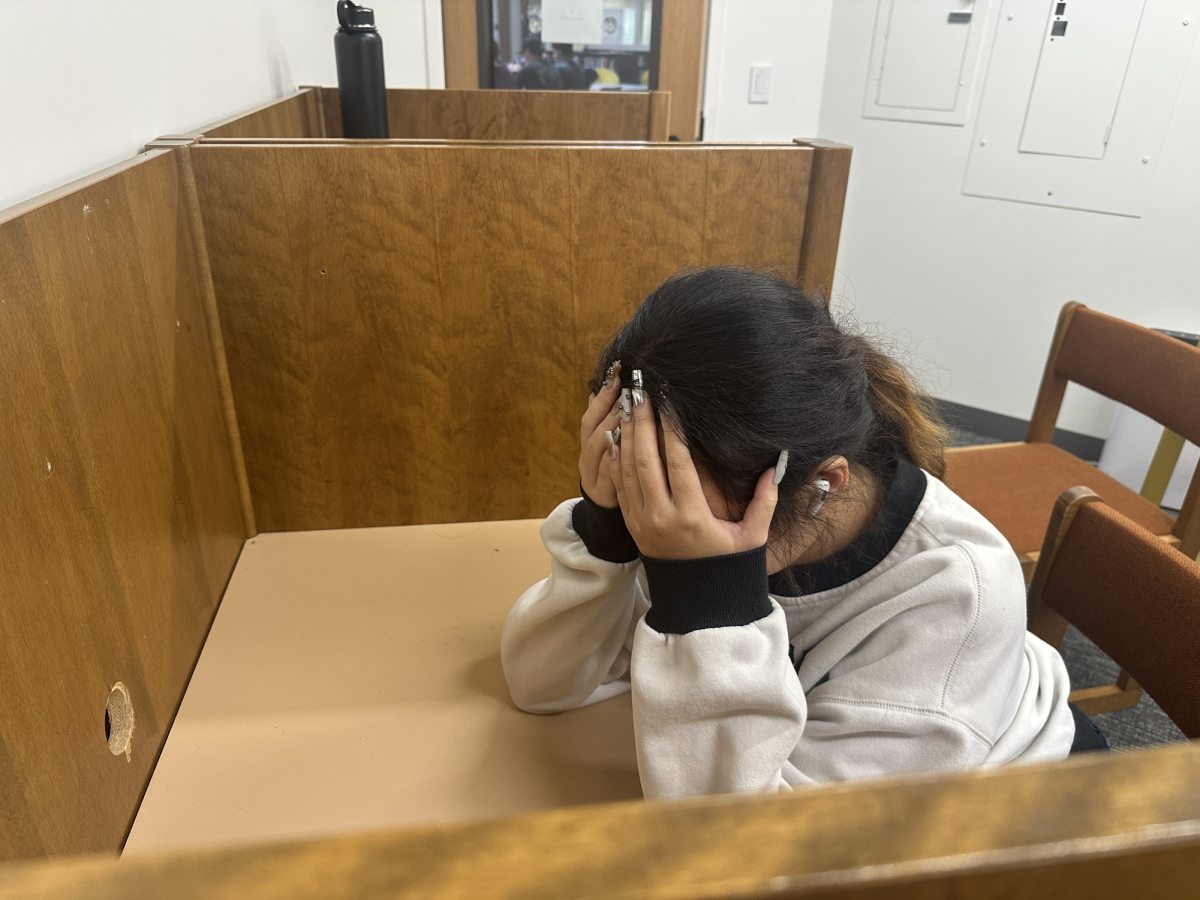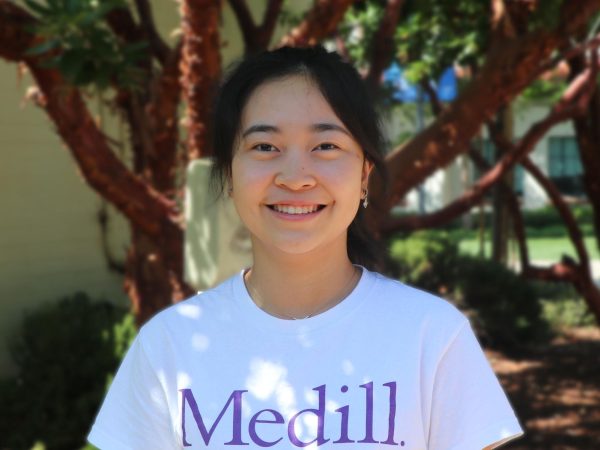As of April 7th, 2022, an estimated 4.3 million Ukrainian refugees have fled their homes and sought shelter in neighboring European countries.
Like most American teenagers, I closely followed these events on the news, reposted Instagram stories to openly condemn Putin’s aggression, and ached at the brutal treatment of civilians on the battleground. I was appalled at the TikTok videos showing pregnant women forced to give birth out in the open as Russian soldiers bombed maternity hospitals.
A month into the war, however, I began noticing some disconcerting discrepancies in this humanitarian crisis. While I delighted in seeing neighboring countries like Poland and Romania warmly embrace Ukrainian refugees—the EU directive allowing Ukrainians to freely live, work and study for up to three years—this outpouring of compassion and solidarity seemed to apply mostly to white Christian refugees.
When people from Africa and the Middle East attempted to flee the war in Ukraine, they were not treated to warm soup or comforting shelters, but rather a series of flagrant violence and abuse from Polish nationalists. According to BBC News, Nigerian president Muhammadu Buhari openly tweeted that Nigerians were forced off border-bound buses in Ukraine and denied entry into Poland.
Although hearing about this racially motivated exclusion infuriated me, further research into the topic showed me that this stark disparity has a long history. According to the New York Times, more than four million refugees escaped their war-torn country in the 2015 Syrian refugee crisis, but they were met with closed-borders, fierce hostility, and hurtful suspicions when seeking shelter in Europe.
When did we learn to accept this jarring double standard that resurfaces time and time again in the event of major international crises?
Why are the struggles of one group portrayed as more dire and deserving of international attention than the sufferings of another?
When did our basic ability to sympathize with the sufferings of others adopt a prerequisite that they look and speak a certain way?
While we follow the extensive media coverage on Ukrainian battlegrounds, it is easy to imagine that they are the only ones losing their homes and forget about the individuals experiencing similar traumas. The long-existing turmoil in Afghanistan or the Middle East can render us numb to the acute sufferings of people living in those regions. But the persisting conflicts that they endure should be an additional reason for us to provide aid, not an excuse to overlook their pain and loss.
Two things need to happen to restore fairness and equality to the treatment of refugees. First, reforms must be made to the press itself. There must be balanced journalism coverage of humanitarian crises across the globe, so that events warranting national headlines would not be overlooked. Second,
European nations should establish an even distribution of refugee quotas based on population size, thereby recognizing the extensive and detrimental nature of such crises and offering fair opportunities to refugees of all colors and backgrounds.
One day, if the roles were reversed, I will take comfort knowing that no matter where I come from, that warm soup will always be there to welcome me.






![Many Webb students spend their free time in the library watching a popular TV show like Riverdale and Euphoria. “Based off what I’ve seen, like in Euphoria, because the actors are older, they don't showcase an actual high school life properly,” Sochika Ndibe (‘26) said. “Since [the actors] are older [and] playing a teenager, from a girl’s perspective, it is going to make you think you should look more developed at a young age.” The actor, who plays Veronica Lodge, was 22 years old at the time of filming.](https://webbcanyonchronicle.com/wp-content/uploads/2025/03/Antecol-Media-affects-how-society-functions-graphic-1200x900.png)








